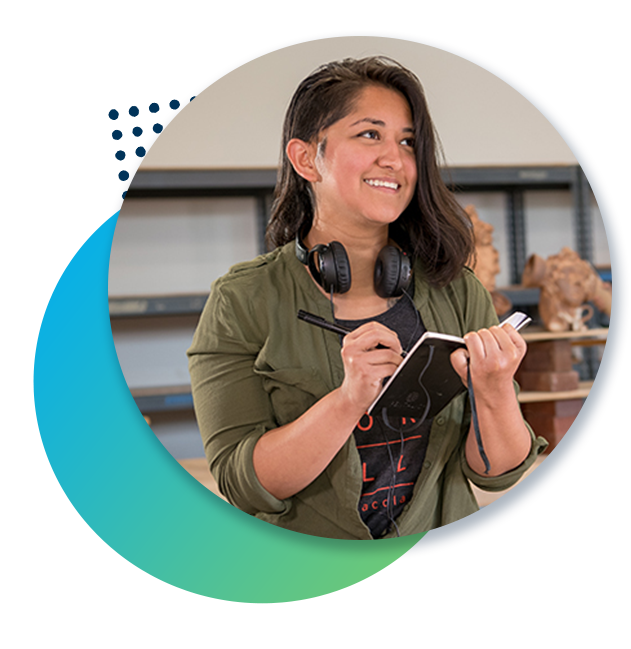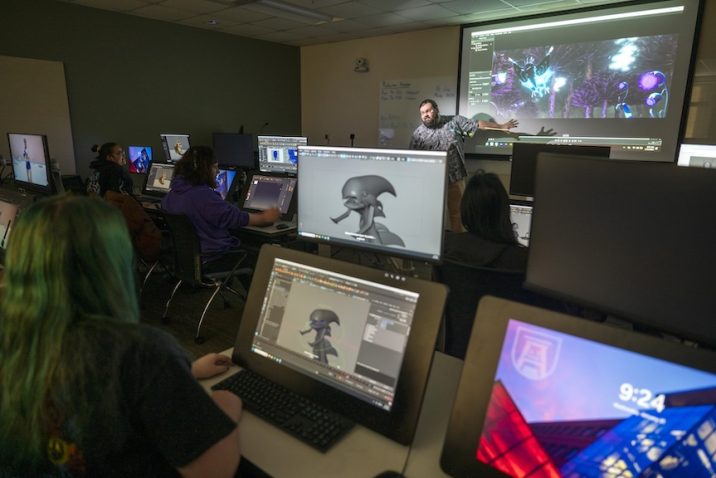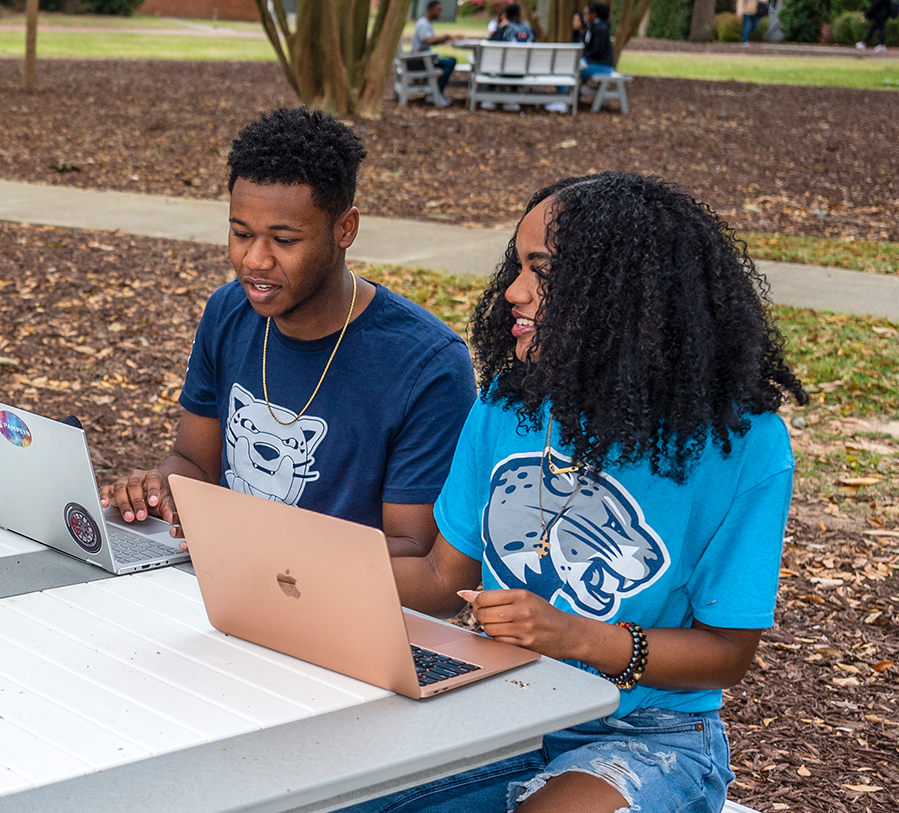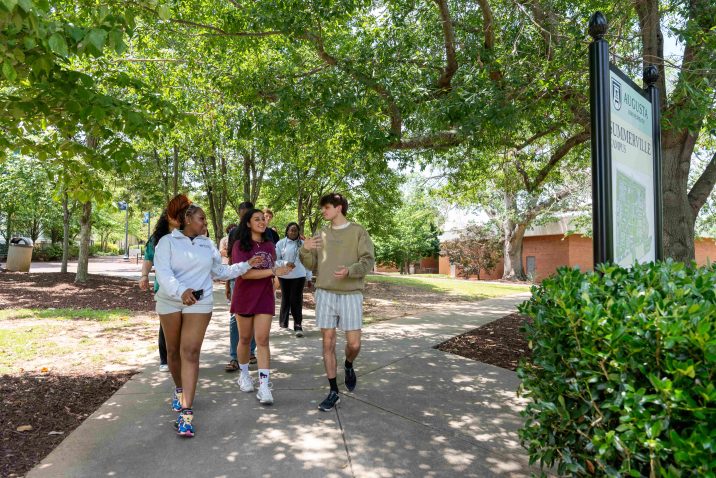Anthropology
Are you interested in preserving heritage? Analyzing artifacts? Solving problems related to globalization?
An Anthropology degree from Augusta University opens the door to a world of possibilities.
Offered through the Department of History, Anthropology, and Philosophy in the Pamplin College of Arts, Humanities, and Social Sciences, this program equips
students with the skills and perspectives needed for diverse career paths—from cultural
research and public service to global development.
Graduates can take their understanding of these topics not just into museums but also
into the worlds of business, health care, education and government, helping individuals
and societies better negotiate the modern world by understanding the lessons of the
past.
Anthropology is for you if you consider yourself
What You'll Study
Coursework
The Augusta University Anthropology program focuses on three subfields of anthropology: cultural anthropology, biological anthropology, and archaeology. In the program, you will cover topics like violence and warfare, forensic anthropology, historical archaeology, and medical anthropology.
Focal Points
Concentrations
Cultural Anthropology
Cultural AnthropologyBiological Anthropology
Biological AnthropologyArchaeology
ArchaeologyExperience-based Education
Outside the Classroom
The Biological Anthropology Lab allows you to get a hands-on understanding of the
ways the human experience affects the human skeleton.
With opportunities to volunteer or conduct independent research, the Archaeology Lab
offers multiple ways to grow your skills along with your resume.
Students can get involved beyond the classroom through organizations like the Anthropology
Student Union, which brings together those interested in exploring anthropology through
extracurricular activities. The Museum Club, open to students of any major, offers
regular meetups for museum trips and other museum-related events.
Study Abroad trips bring other cultures alive while providing personal growth and
experiences that will last a lifetime.
Research & Innovation
Whether you’re an undergraduate or graduate student, you’ll have opportunities to create your own research projects or work with faculty to tackle some of the world’s most complex and pressing challenges.
Research Center
Pamplin College’s Center for Social Science Research involves students as active partners in research projects that assist local public and nonprofit agencies improve their effectiveness.
Student Publications
Student publications are an excellent way to find your voice and strengthen your portfolio, and Pamplin College has a wide range to get involved with.
Clubs & Organizations
Student clubs and organizations help you “plug in” to campus life in a way that can lead to meaningful connections, new interests and resume-enhancing experiences.
Your Future
Career Options
In addition to working in museums, anthropology graduates can move into a wide range of careers, including those in government, education, historical preservation, health care and business.
According to the U.S. Bureau of Labor, the employment of anthropologists and archaeologists is expected to grow 19% over the next decade.

Why Augusta?
A focus on three subfields of anthropology prepares graduates for a full spectrum of employment opportunities.
Extracurricular opportunities specific to archeology students build relationships and create marketable experiences.
Exposure to hands-on labs and research increases understanding and develops the skills employers value.

Augusta University students take on the 2026 Global Game Jam
Augusta University students take on the 2026 Global Game Jam


